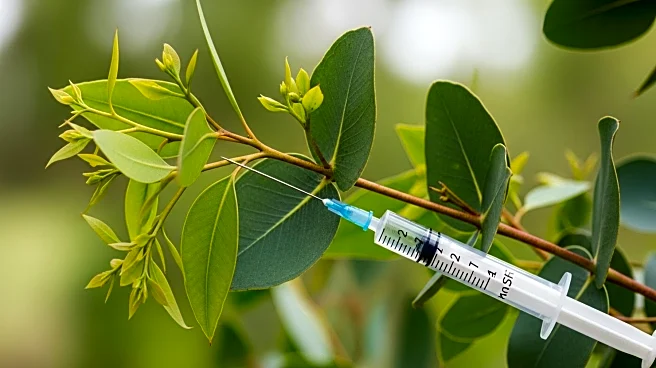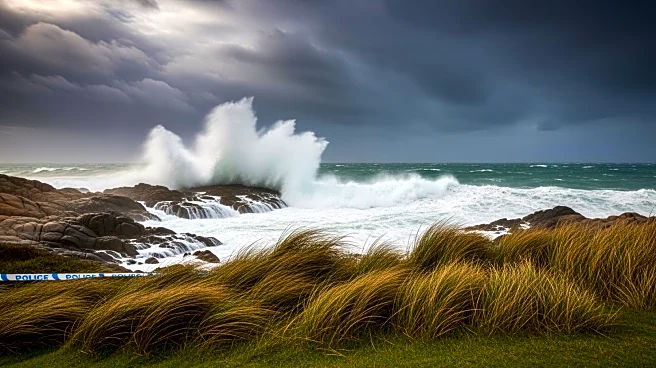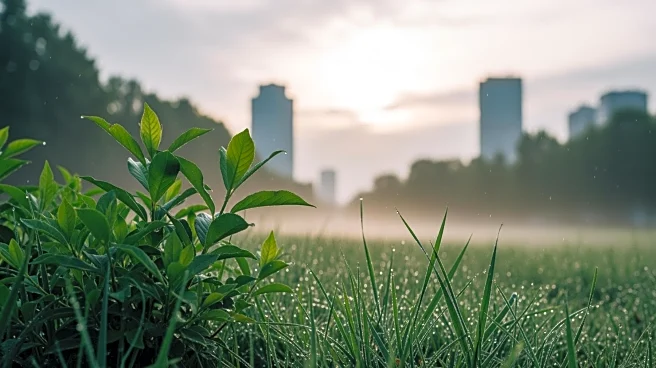What's Happening?
Australia has approved a world-first vaccine to protect koalas from chlamydia, a disease causing infertility and death in the species. Developed by the University of the Sunshine Coast, the single-dose vaccine has shown to reduce symptoms and mortality by at least 65% in wild populations. The vaccine will be used in wildlife hospitals and veterinary clinics to protect at-risk koalas. However, some conservationists argue that resources should focus on habitat preservation, as habitat loss remains a significant threat to koalas.
Why It's Important?
The approval of this vaccine is a critical step in conserving koala populations, which are endangered in parts of Australia. Chlamydia poses a severe threat to koalas, and the vaccine could significantly improve their survival rates. However, the debate over resource allocation highlights the complex challenges in wildlife conservation, where disease management and habitat protection must be balanced. The vaccine's success could serve as a model for addressing similar issues in other species.
Beyond the Headlines
The development of the koala vaccine underscores the importance of integrating scientific innovation with conservation efforts. It raises ethical questions about intervention in natural populations and the prioritization of conservation strategies. The situation also reflects broader environmental challenges, where human activities and climate change exacerbate threats to biodiversity.










